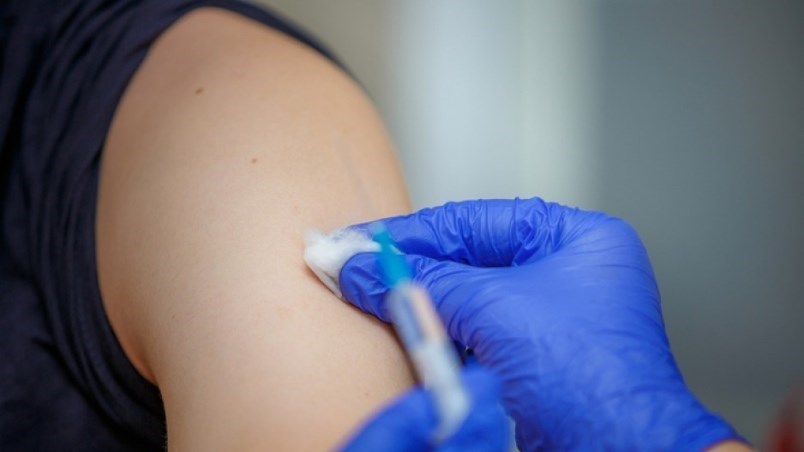MidlandToday welcomes letters to the editor at [email protected] or via our website. . Please include your full name, daytime phone number and address (for verification of authorship, not publication). The following letter is from retired MD Klaus Kuch, who expresses the importance of getting vaccinated.
Must we really learn the same old lessons over and over again?
Vaccines have saved millions of lives for many decades, from COVID to a whole host of other scourges. Vaccines keep us safe from many infectious diseases as long as we maintain herd immunity. That may be beyond dispute, but vaccine hesitancy persists all the same, now inviting measles back into our lives from near-extinction.
What’s the psychology behind this?
One culprit is plain old inertia. It can be tempting to wait and see what others do before taking the jab, especially if you don’t like needles. With infectious disease, that’s lousy medicine. You may miss your chance to stay well. And herd immunity gets lost once a critical percentage of people is infected. After that numbers soar exponentially and we are stuck with another epidemic.
Scaremongering is another culprit. “If it bleeds it leads” is the media’s motto. Yes, vaccines can have side effects. But wait and think before you see red. Side effects are only one aspect of the risk/benefit ratio. Benefits count as well. If risks outweigh benefits, it’s a no. If benefits outweigh risks, it’s a go.
Vaccines (and prescription drugs) are thoroughly tested before their release, to ensure the risk/benefit ratio is the way we like it. Fair enough, mistakes do occur. Reviewers catch most of them and early. And scientists love to dig up other scientists’ mistakes. That makes scientific medicine self-correcting and a good deal safer than the influencer on your social media.
A third dynamic goes hand-in-hands with the ill effects of inertia and scaremongering. When everything is working out just fine, vaccinations (and other forms of prevention) can look like a costly waste of time. Nothing seems to be happening. Nobody is falling ill, so why the fuss? That’s a costly illusion.
You may not recognize success without a statistical analysis, one that compares pre-intervention case numbers with post-intervention numbers. That’s particularly needed when an epidemic recedes gradually over an extended period of time. Plotting this with graphs would reassure the public, help the politicians who have done something right and help the program to continue.
We mustn’t forget a fourth dynamic. Most of us have forgotten how nasty measles can be, if we ever knew it. It’s easy then to sink into complacency and denial and ignore the necessity of vaccinations. They can be a hard sell. And yet we must buy in, or else. That’s as true for infectious diseases as it is for injuries in car accidents. We all use seat belts, don’t we? If not, a friendly policeman may remind us. To what extent government should mandate vaccinations as it mandates seat belts is up for debate. I prefer education. One thing’s for sure: We need less policing when we act sensibly.
Klaus Kuch
Oro-Medonte



.jpg;w=120;h=80;mode=crop)